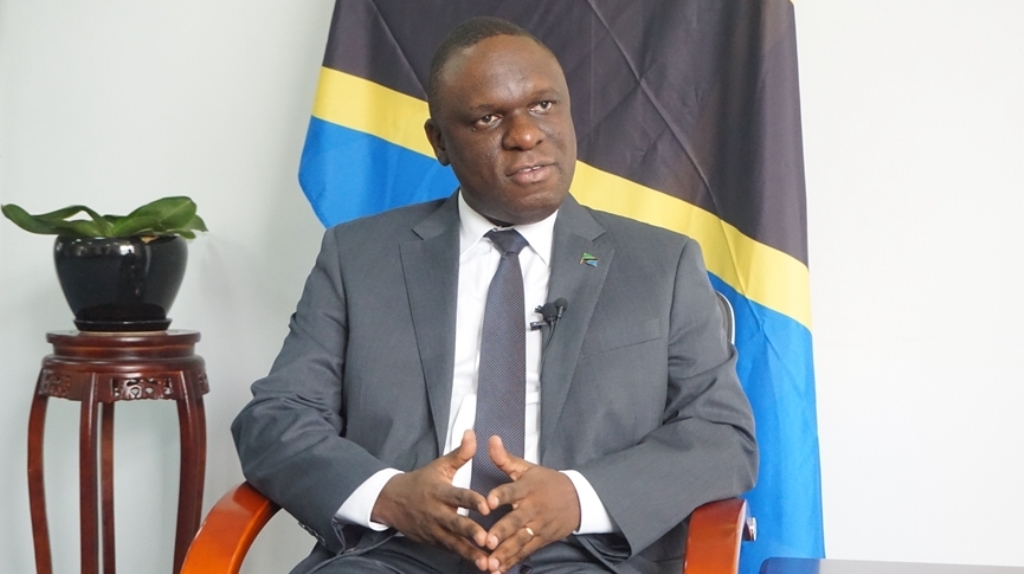AfricaPress-Tanzania: TANZANIA has highlighted a number of areas that it would like to strengthen cooperation with China in its ambitious plan to transform agriculture sector.
Speaking on Friday at the Belt and Road Initiative International Agricultural Cooperation Expo held in Luoyang Town, Henan Province in China, Tanzania Ambassador to China, Mr Mbelwa Kairuki said transforming agriculture is necessary for the sector to have multiplier effect in other sectors of the economy, particularly with industrial development.
“Agriculture is the lifeline of many African economies. The livelihood of two out of every three citizens of Sub-Saharan African countries depends on agriculture,” ambassador Kairuki said.
He said given the truth that China is a success story in increasing economic growth and substantially reducing poverty through transforming agriculture initiatives, it is of paramount importance for Tanzania and other governments in Africa to borrow a leaf.
In that regard, he said Tanzania seeks to strengthen cooperation in a number of areas in the sector, including experience sharing in agriculture and rural development, and the use of scientific and technical know-how in irrigation and agro-forestry.
Other areas that Tanzania would seek to strengthen cooperation are development and promotion of trade links and exchange in agricultural value added products, acquisition of appropriate agricultural machinery and tools, establishing a model of intensive cultivation of high yield and aromatic rice and fish farming.
Ambassador Kairuki told the expo participants that Tanzania was inviting Chinese investors to invest in the manufacturing of farm implements for the mechanisation of agriculture, agro-processing industries in cashew-nuts, fruit processing, textile and apparel, processing of horticultural products and processing of leather.
In many African countries, agriculture, besides being the source of food, is the leading foreign exchange earner and a source of raw materials and employment.
He said in Tanzania, agriculture contributes about 25 per cent of the GDP; 34 per cent of foreign exchange earnings and about 95 per cent of food requirements. “Agriculture employs 75 per cent of the labour force, and is an important source of raw materials for the manufacturing sector,” the Tanzanian envoy to China said.
Giving a wide picture, Mr Kairuki said today Africa spends $35 billion to import food per year, and the figure is estimated to rise to $110 billion by 2025, a situation that calls for transformation of Africa’s agriculture.
China’s grain yield increased from 1 tonne per hectare in 1961 to 6 tonnes per hectare in 2015, while successfully feeding not only its large population but also supplying agricultural products all over the world.
The achievements were greatly supported by modern technology and distinct governmental policy.
As Tanzania continues throwing its weight into implementing an industrialisation agenda, transforming agriculture is a non-negotiable project since newly established industries have continued to require raw materials.







